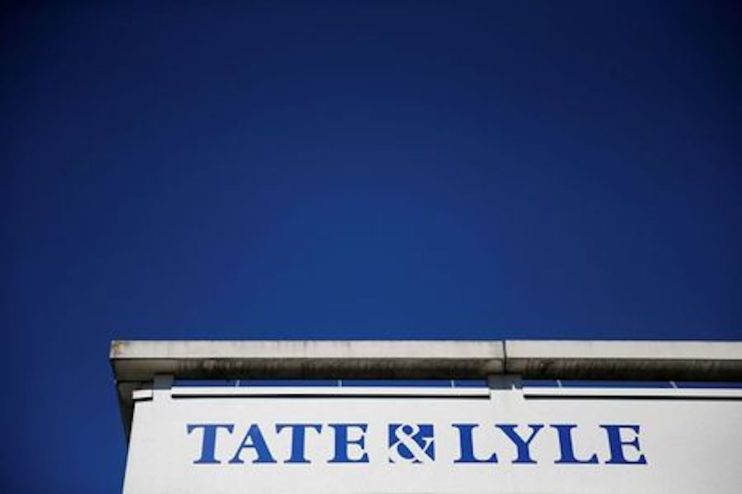Sweet treat for Tate & Lyle shareholders as profits jump north of £300m

Food and beverage ingredient supplier Tate & Lyle continued its strong performance this year with a 22 per cent boost in profits, as it shrugged off concerns over supply chain volatility and benefited from inflation driving up prices.
The group, one of the world’s biggest producers of sweeteners such as high fructose corn syrup, made £320m in adjusted core profit, compared to £233m last year.
Revenues were up also 18 per cent.
Nick Hampton, Chief Executive, said it had been another year of “strategic progress.”
“We further improved the mix of the business, greatly strengthened our solution selling capabilities, acquired a high-quality dietary fibre business in China, made a commitment to reach net zero by 2050 and launched our new brand to better reflect the new Tate & Lyle,” he said.
The group said its outlook remained unchanged for the year ahead as it looks to achieve revenue growth of between 4 and 6 per cent and anticipates “accelerated growth” in Asia, Middle East, Africa and Latin America.
Hampton added: “Tate & Lyle’s expertise in sweetening, mouthfeel and fortification plays directly into increasing consumer demand for food and drink which is healthy, tasty, convenient, and more sustainable and affordable. The growth opportunity ahead is substantial and we saw encouraging progress in the year with revenue from New Products and solutions wins both demonstrating good momentum.”
Tate & Lyle said that its ‘Primient’ business in North America, which produces products made from plant-based and renewable sources, took a hit due to “operational challenges,” as it saw a dip in profits.
Despite strong recent performances, the London-listed firm has faced significant challenges due to the war in Ukraine and inflation over the last year, which has forced it to raise prices to keep rising costs at bay.
Analysts have highlighted that its heavy reliance on corn exposes the group to any price fluctuations, with supply chain issues also a continuing to pose problems.
Tate & Lyle said it “remains vigilant of possible further supply chain volatility,” but that its pricing actions had enabled it to offset costs associated with inflation.